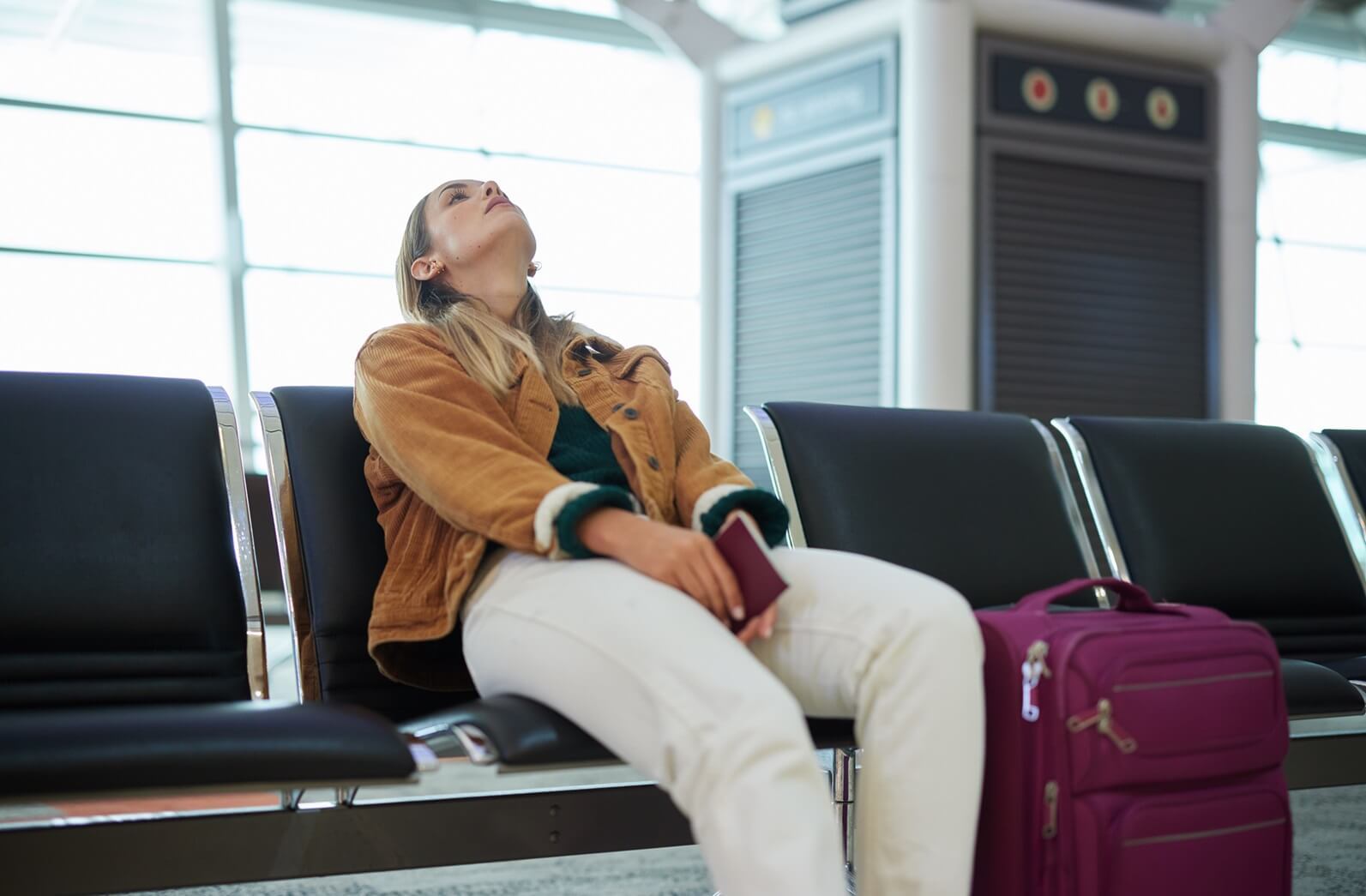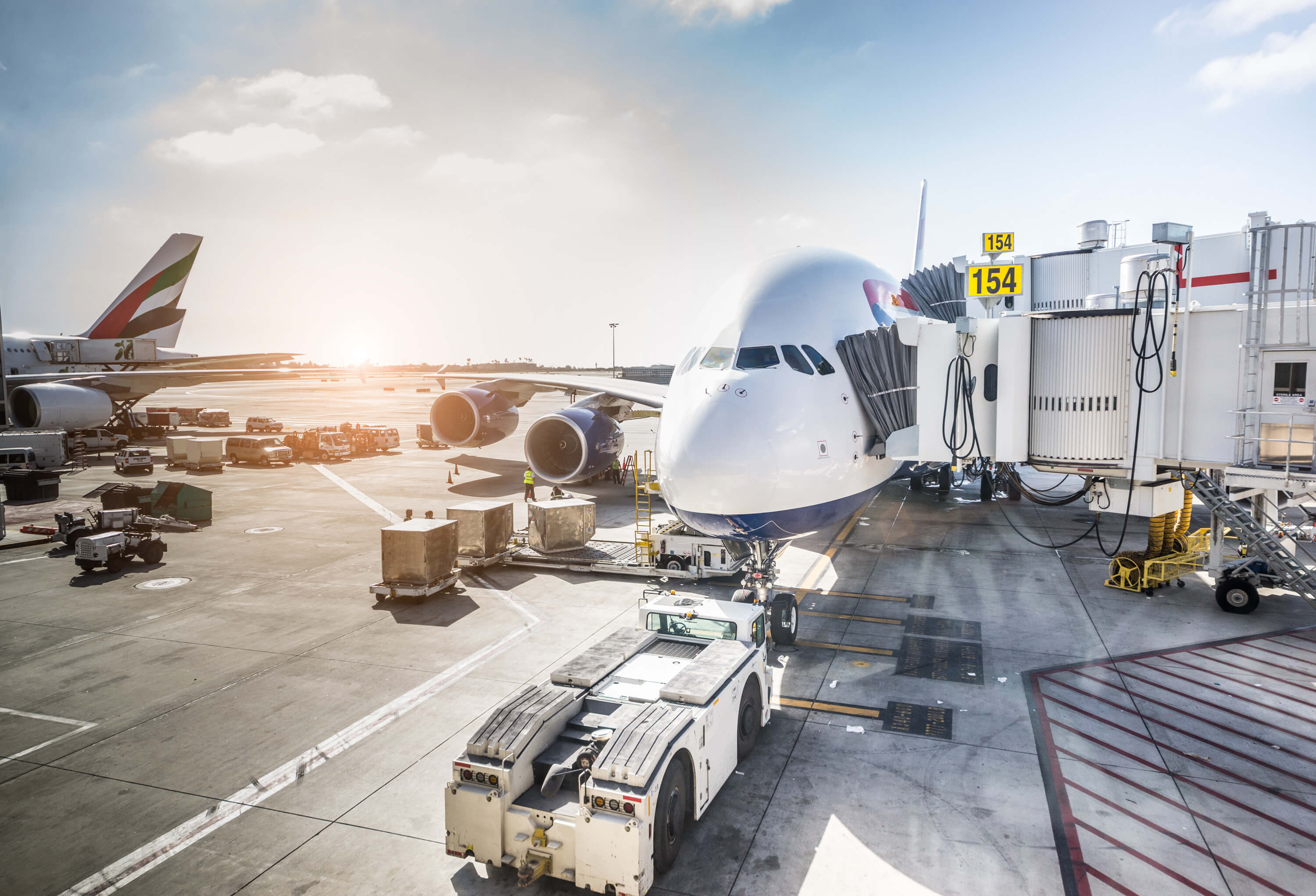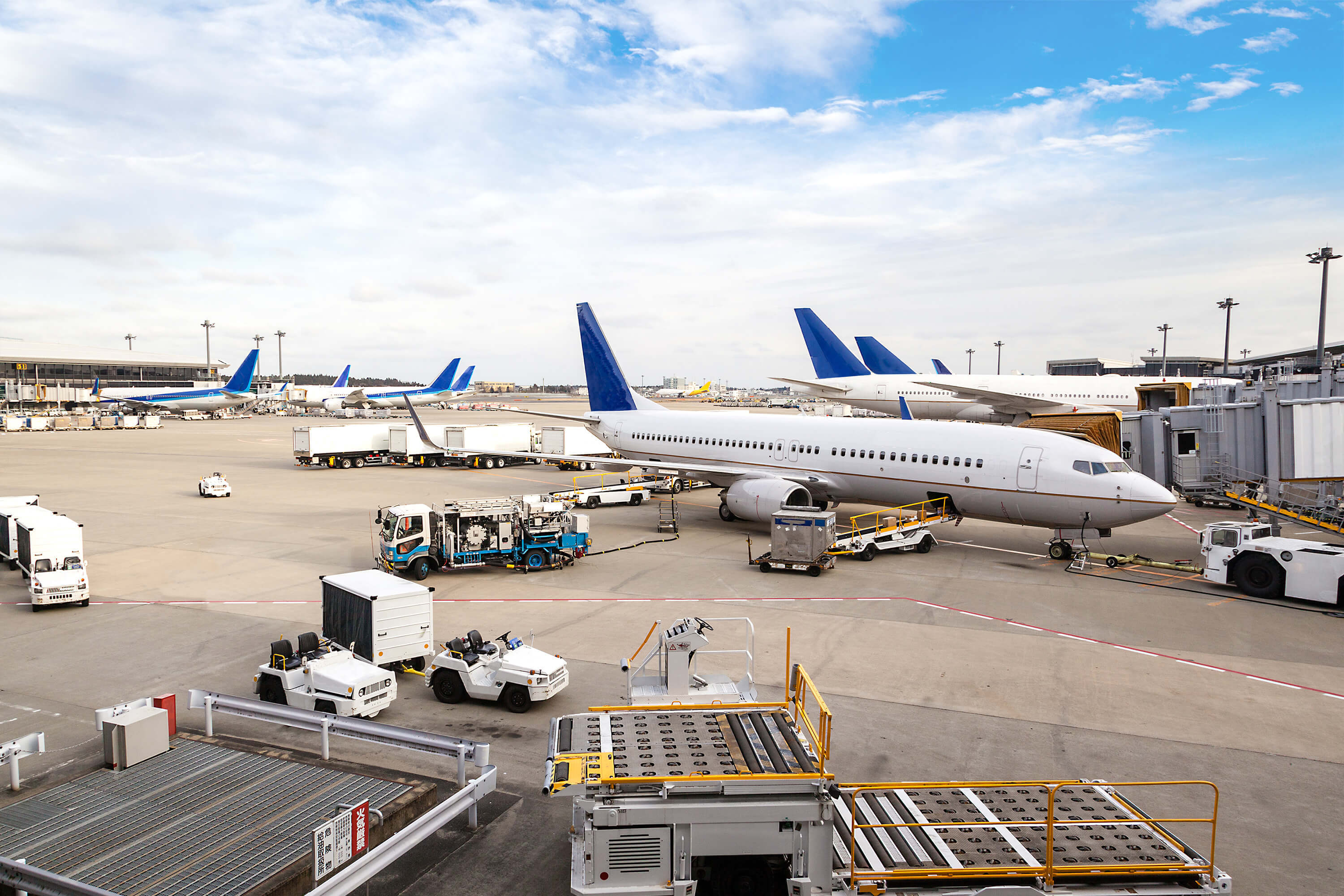Pilot strike at Eurowings disrupts many flights

Eurowings, a subsidiary of Lufthansa, is currently grappling with a pilot strike that has resulted in significant disruptions to its flight operations. The ongoing labor dispute between the airline and its pilots has escalated, leading to a wave of strikes and grounding nearly half of Eurowings' flights. This article examines the impact of the pilot strike on the airline and explores the underlying issues driving the labor conflict.
Escalating tariff conflict at Eurowings and impact on flight operations
The recent pilot strike at Eurowings highlights the intensifying tariff conflict between the airline and its pilots. The dispute primarily revolves around wage negotiations and working conditions. The pilots' union, Vereinigung Cockpit (VC), is advocating for improved salary structures and better career prospects for its members. The union argues that pilots' salaries at Eurowings are not on par with industry standards and fails to reflect their level of expertise and responsibility.
The pilot strike at Eurowings has had a significant impact on the airline's flight schedule, causing disruptions and inconveniences for passengers. Roughly every second flight has been affected, leading to cancellations, delays, and rebookings. These disruptions not only inconvenience passengers but also have financial implications for the airline, resulting in revenue losses and potential damage to its reputation.
Customer frustrations and flight compensation
Passengers who have been affected by the pilot strike are understandably frustrated by the sudden changes to their travel plans. Eurowings has made efforts to accommodate affected passengers by offering alternative flights or refund options. However, these measures may not fully alleviate the inconveniences caused by the disruptions. Passengers are advised to check the status of their flights in advance and remain in close contact with the airline for the latest updates and assistance.
Both Eurowings management and the pilots' union have expressed a willingness to engage in negotiations to find a resolution to the ongoing dispute. Mediation talks have been initiated to facilitate discussions and find a mutually acceptable agreement. However, reaching a consensus on key issues such as salaries, career development, and working conditions may require time and compromise from both parties.
The tariff conflict at Eurowings raises important questions about the delicate balance between ensuring the financial viability of the airline and meeting the demands of its employees. While it is essential for the airline to remain competitive and maintain profitability, addressing employees' concerns regarding fair compensation and career progression is equally crucial. Striking this balance is vital to maintaining a motivated and skilled workforce while also ensuring the long-term sustainability of the company.
Industry-wide implications of strikes
The pilot strike at Eurowings serves as a reminder of the broader challenges faced by the aviation industry. Labor disputes, particularly involving pilots, have become increasingly common as airlines grapple with financial pressures, cost-cutting measures, and changing market dynamics. Such conflicts highlight the need for transparent and constructive dialogue between airlines and their employees to foster a harmonious working environment and address employee concerns effectively.
The ongoing pilot strike at Eurowings has significantly disrupted the airline's operations, affecting numerous passengers and raising concerns about the resolution of the labor dispute. As negotiations continue, both Eurowings management and the pilots' union must work towards finding a fair and sustainable agreement that addresses the pilots' demands while also ensuring the airline's long-term financial viability. In doing so, they can mitigate the impact on passengers and maintain a positive image within the highly competitive aviation industry.
Latest posts
What to do if your flight is delayed or cancelled: Guide
Learn what you can do if your flight is delayed or canceled and how to make use of your rights.
What to do if you miss your connecting flight: A guide
Learn what to do if you miss your connecting flight. Tips on compensation, rebooking, and your rights!
UK flight compensation laws: What changed after Brexit?
Flight compensation in the United Kingdom post-Brexit: Claims for flight delays, cancellations, and denied boarding.
About MYFLYRIGHT
MYFLYRIGHT is a legal tech company, specialized in the support of airline passengers affected by flight delays, flight cancellations, denied boarding, delayed or lost luggage and the refund of unused airline tickets. MYFLYRIGHT was founded 2016 in Hamburg, Germany. The company operates out of 3 offices, its headquarter in Hamburg and its branches in Prague, Czech Republic and Zaporizhia, Ukraine. Currently, MYFLYRIGHT employs a team of around 25 people working in Marketing, Operations, Legal, Customer Support and IT. The organization operates across 5 markets – Germany, United Kingdom, Romania, Austria, and Switzerland.
MYFLYRIGHT’s goal is to provide access to justice for all aviation passengers who experience irregularities in their flight transportation. Notably, 75% of all compensation requests submitted by passengers get rejected. Whereas, MYFLYRIGHT is able to successfully execute the applicable customer claims in more than 98% of cases at court.












